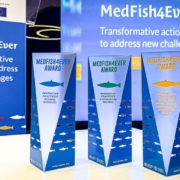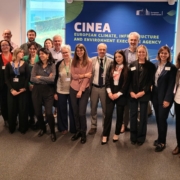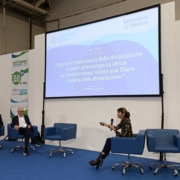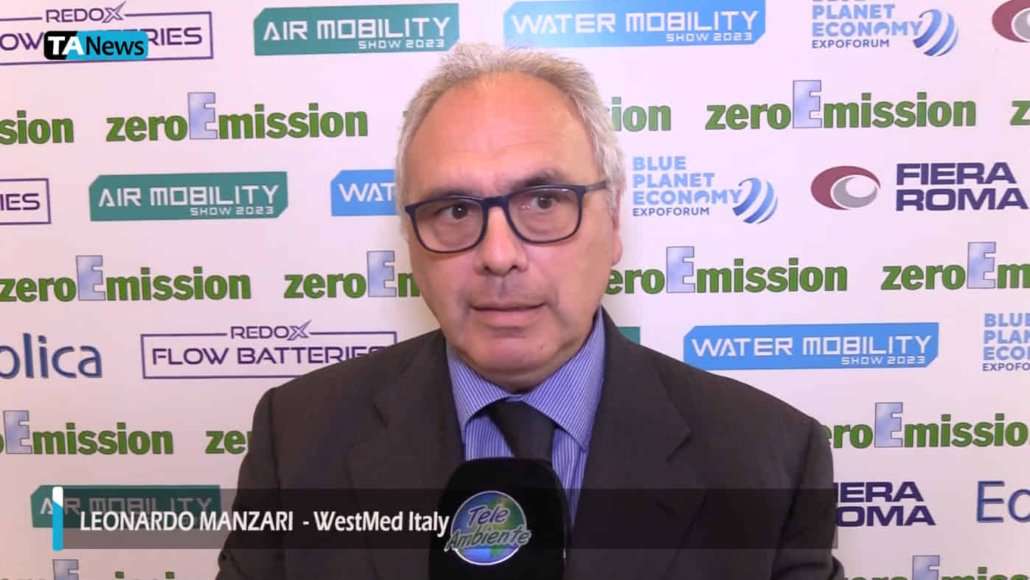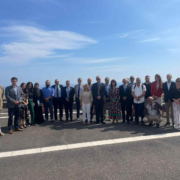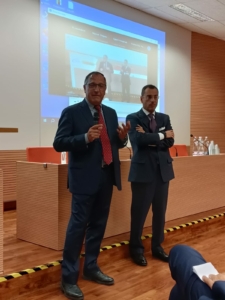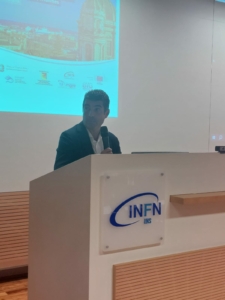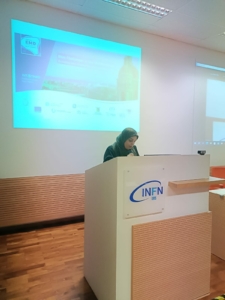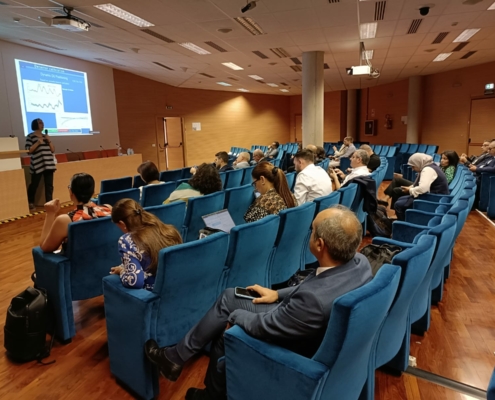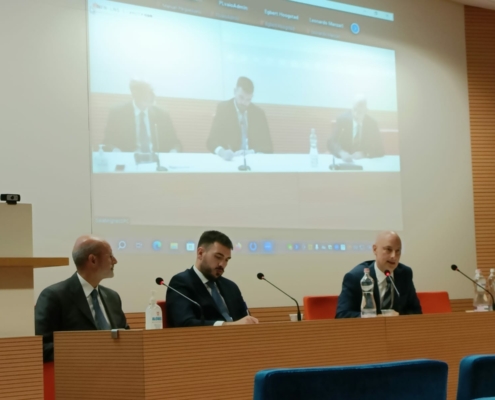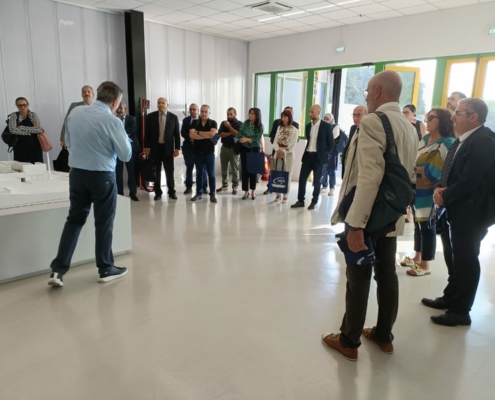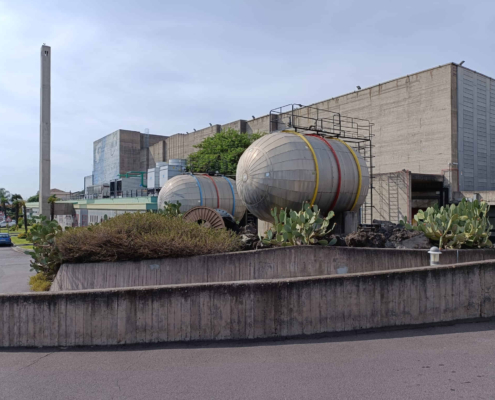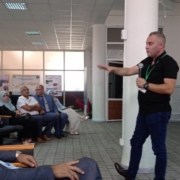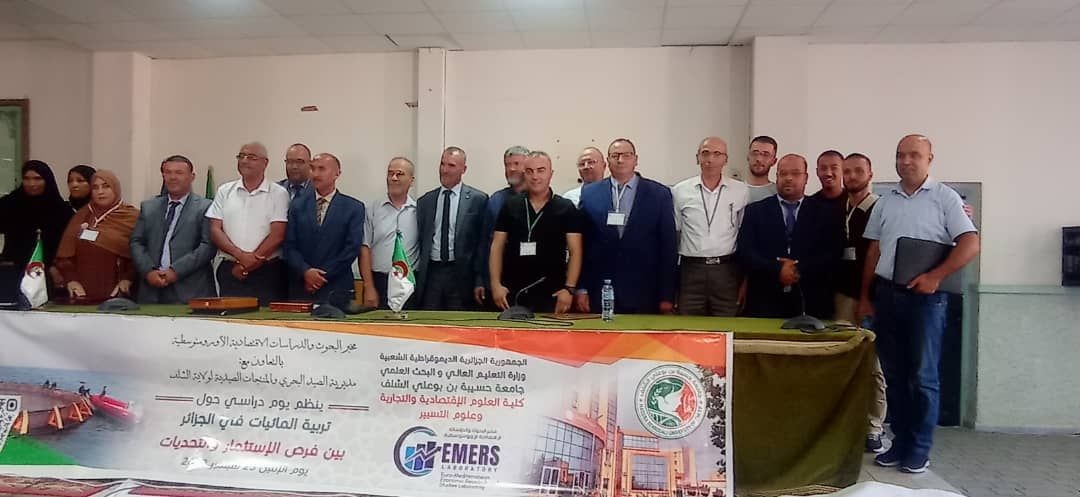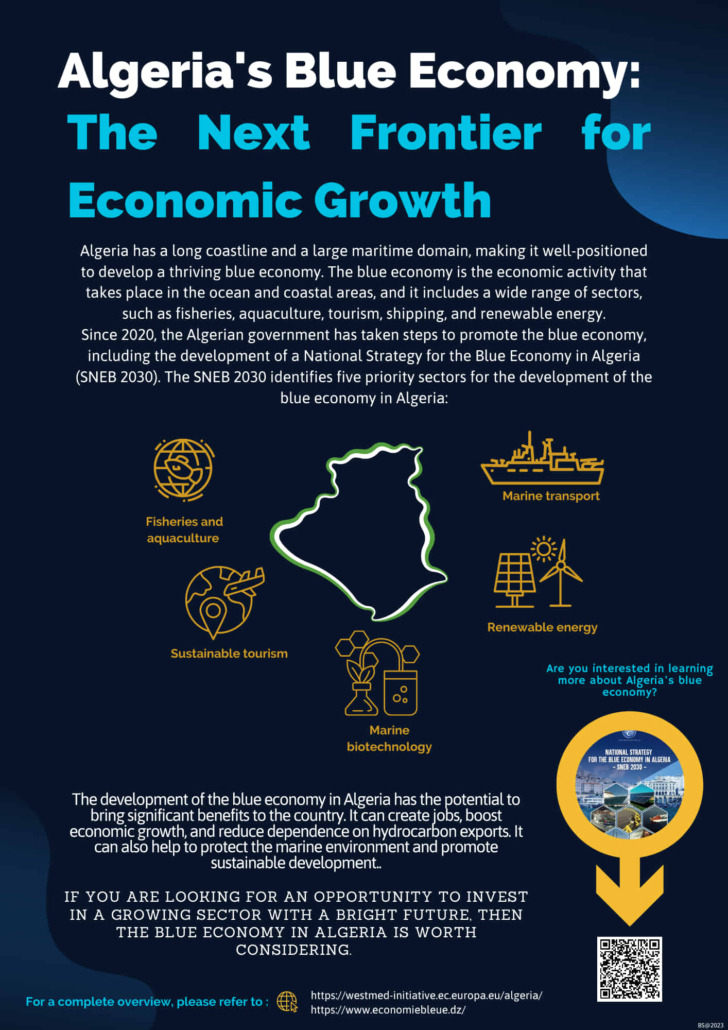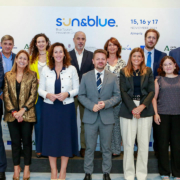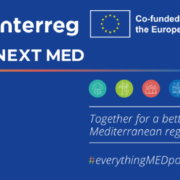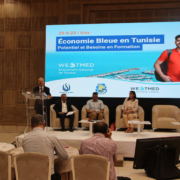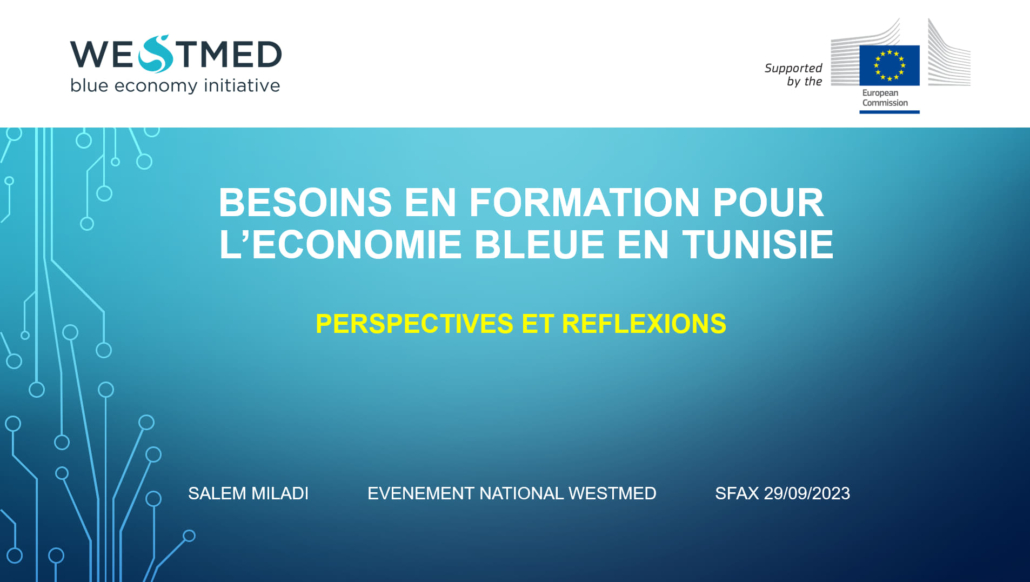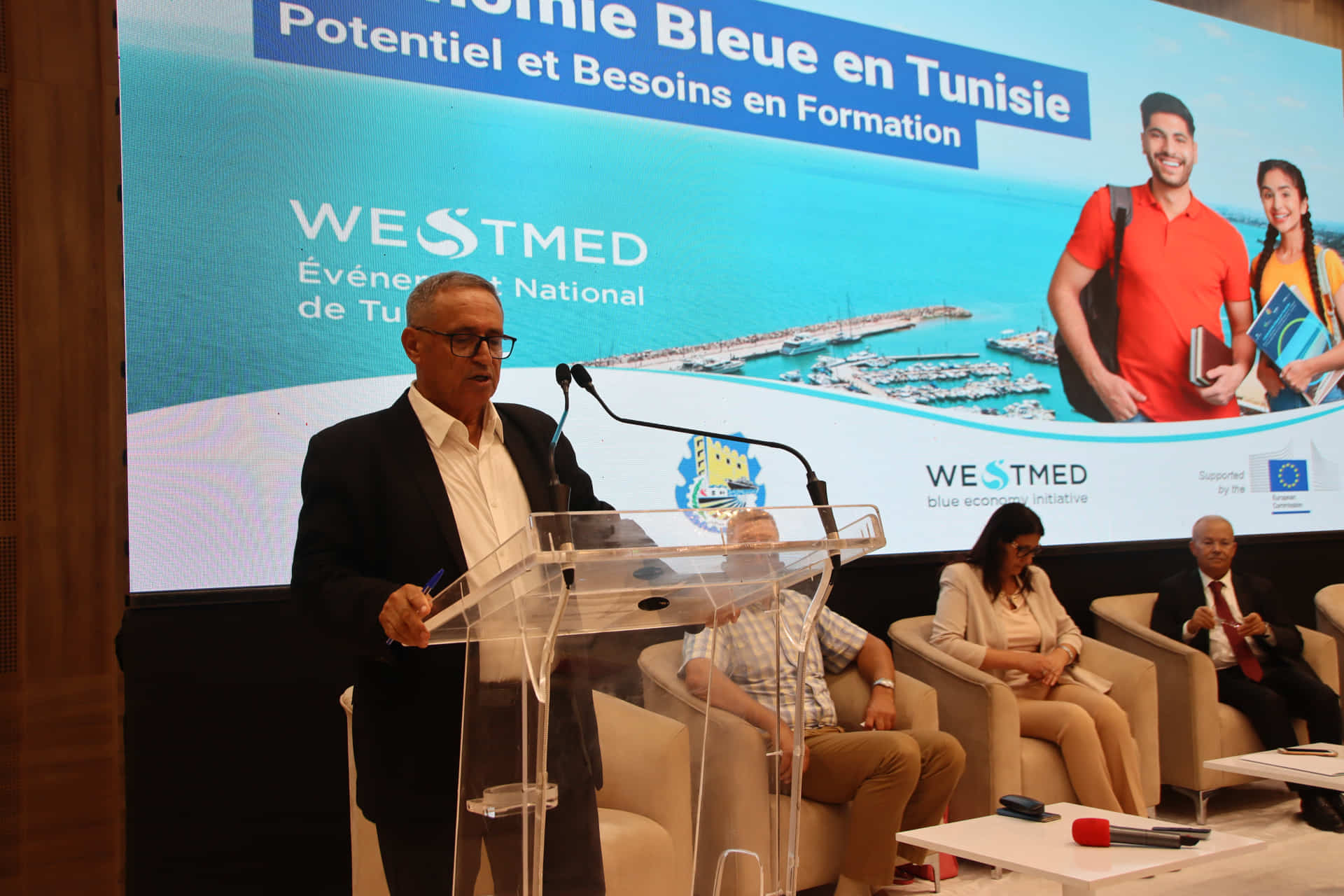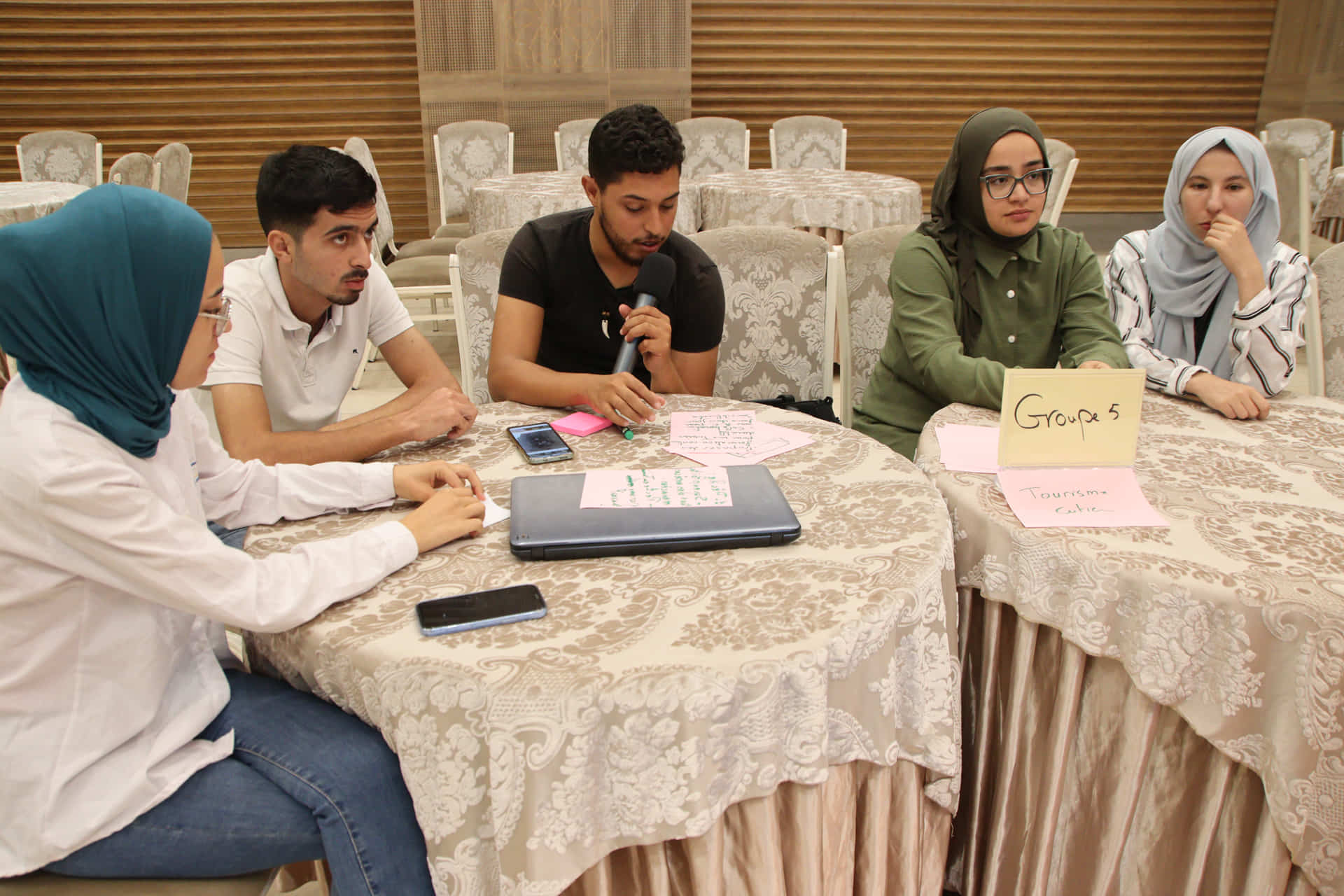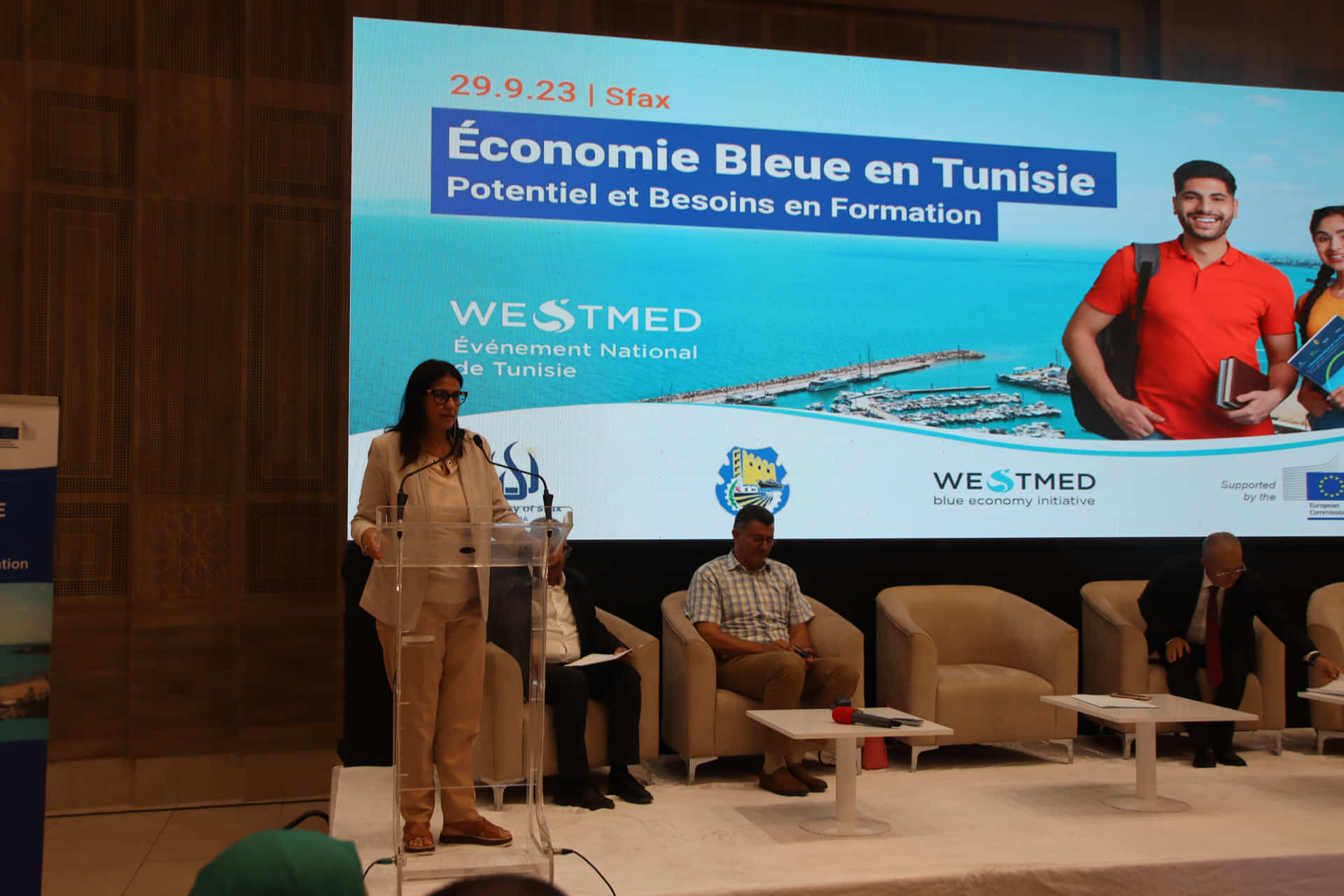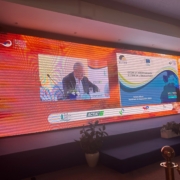Mediterranean fisheries and aquaculture: outcomes of GFCM high-level conference on MedFish4Ever initiatives
This week, the European Commission and 20 EU and Mediterranean states renewed their commitments to deliver on their sustainability pledges made in the MedFish4Ever Declaration.
The 2017 MedFish4Ever Declaration has been a cornerstone in regional fisheries governance, catalysing action to build a regulatory framework for sustainable management and development.
Six years down the road, Mediterranean states met again in Malta to review progress and renew their commitment to live up to the promises of the Declaration, while looking into the future challenges that this region is facing in pursuing sustainable fisheries and aquaculture.
Special adviser to Commissioner for Environment, Fisheries and Maritime Affairs, Karmenu Vella, speaking on behalf of Commissioner Sinkevičius, set the tone:
“Halfway through the 10-year roadmap, we can say with confidence that MedFish4Ever has changed the way we manage our fisheries in the Mediterranean! Forever and for the better!”
Renewed commitments on key priorities
The parties confirmed their renewed commitments to reinforce efforts in reaching these objectives:
- protecting marine resources
- combating Illegal, Unreported and Unregulated (IUU) fishing
- strengthening the viability of coastal communities through the support to the small-scale fisheries prevailing in the region
- ensuring decent working conditions and social protection of fishers
- making fisheries more attractive to the young generation and giving equal recognition of the work of women
- building sustainable aquaculture and strengthening the value chain.
Special adviser to Commissioner for Environment, Fisheries and Maritime Affairs, Karmenu Vella, speaking on behalf of Commissioner Sinkevičius, reiterated the commitment of the EU to the goals of MedFish4Ever Declaration:
“Today, the GFCM stands stronger than ever. We have built a robust framework with the 2030 Strategy and its action plan. Now we need to continue showing political will to fully implement our commitments.The EU’s commitment to deliver on MedFish4Ever and the GFCM 2030 Strategy remains unabated, now and for the future!
It is up to us to create a resilient future for our local communities, to restore and to protect the stocks and marine ecosystems, and to create a sustainable and a dignified working environment for generations to come – the future they all deserve.”
Financing a sustainable future
All these commitments will require additional resources, as well as keeping up the exemplary cooperation and partnership among all the countries and among all the stakeholders in the region.
The European Union, as main donor for the implementation of the MedFish4Ever Declaration, reconfirmed its financial support through the dedicated GFCM Grant of €8 million, calling upon new donors to join.
Rewarding innovative practices in fisheries and aquaculture
6 projects were awarded for their work:
Innovation in fishing technology category:
- Reinforced seine as a mitigation measure against depredation by bottlenose dolphins by the National Institute for Fisheries Research, Ministry of Agriculture, Fisheries, Rural Development, Water and Forests, Morocco
- Assessment of the carbon footprint of the fishing fleet and application of decarbonization measures by the University of Zagreb, Faculty of Mechanical Engineering and Naval Architecture, Croatia
Innovative practices in aquaculture research category:
- Larvae counting system by AquaDeep, Tunisia
- Innovative salt water aquaponic system by the Institute of Agrifood Research and Technology, Spain
Innovative practices in the fight against illegal, unreported and unregulated fishing category:
- Use of remote electronic monitoring, including closed-circuit television technology, as a control and monitoring tool by the Ministry of Agriculture, Rural Development and the Environment, Cyprus
- Remote sensing data shedding light on the Mediterranean fishing footprint, by the Global Fishing Watch
Read the full press release on the EC website with additional information

